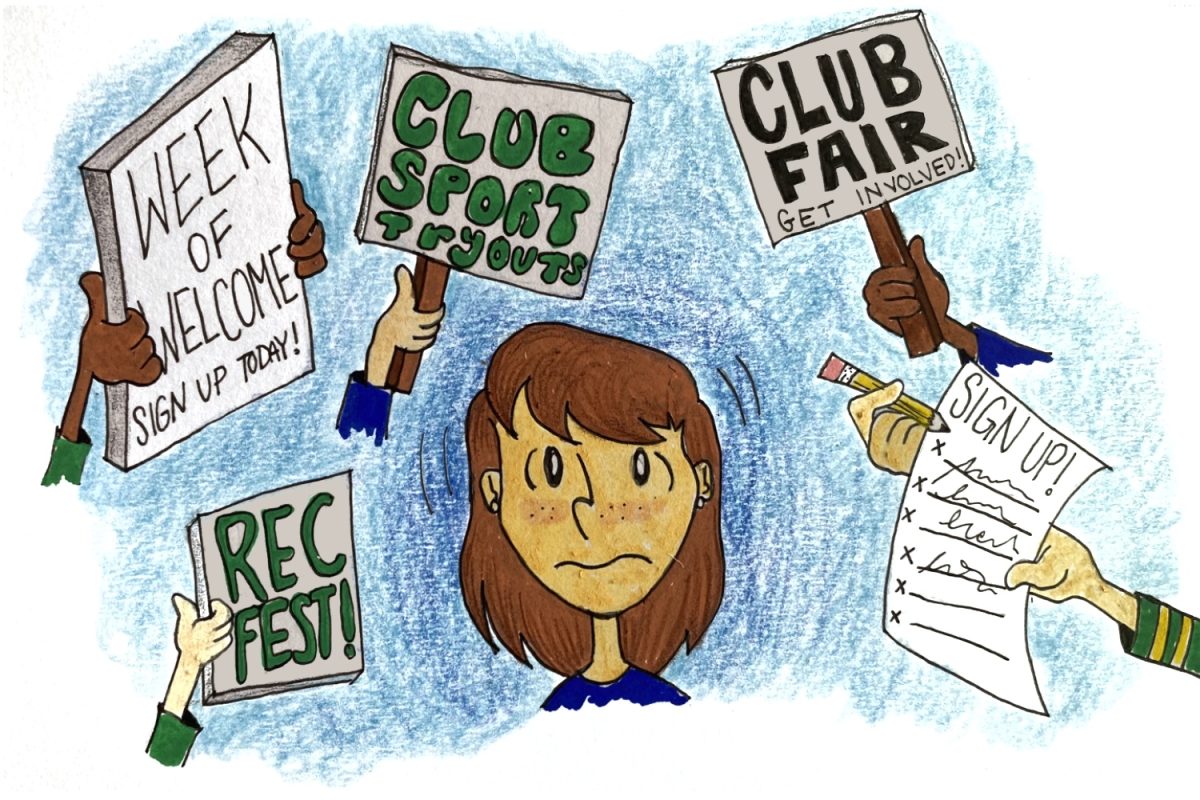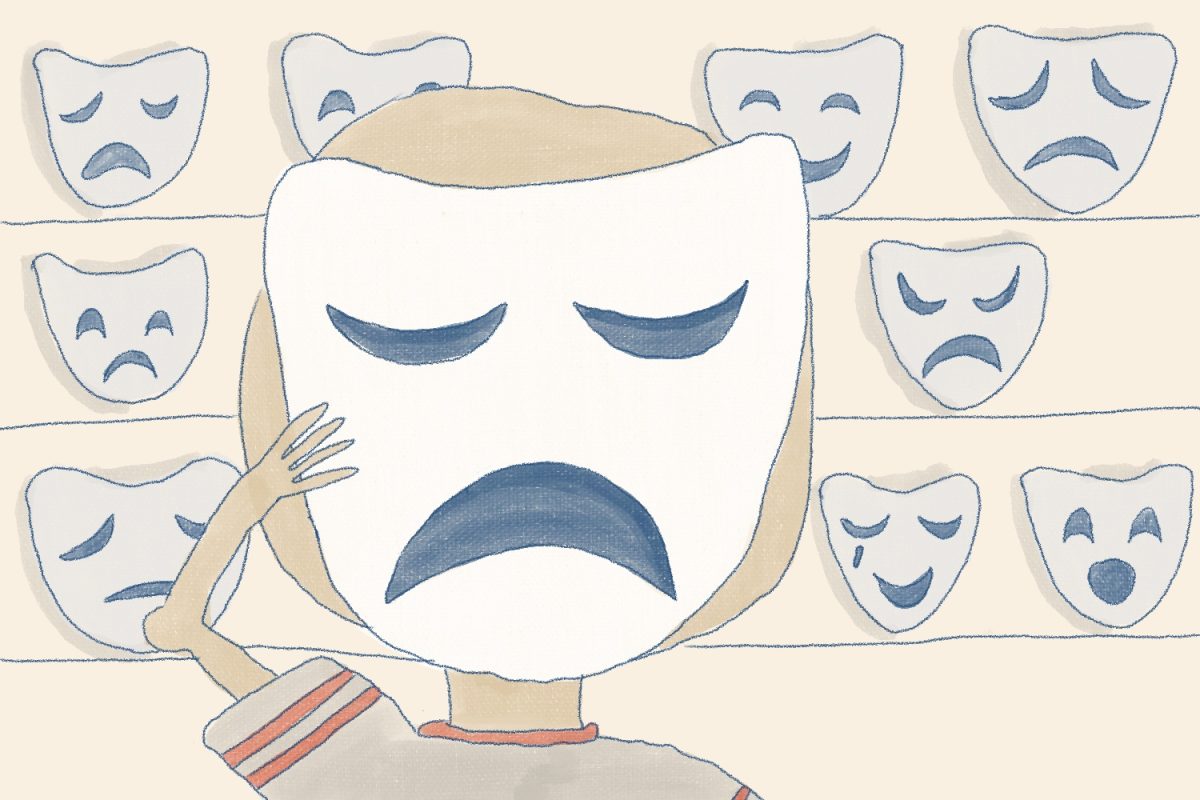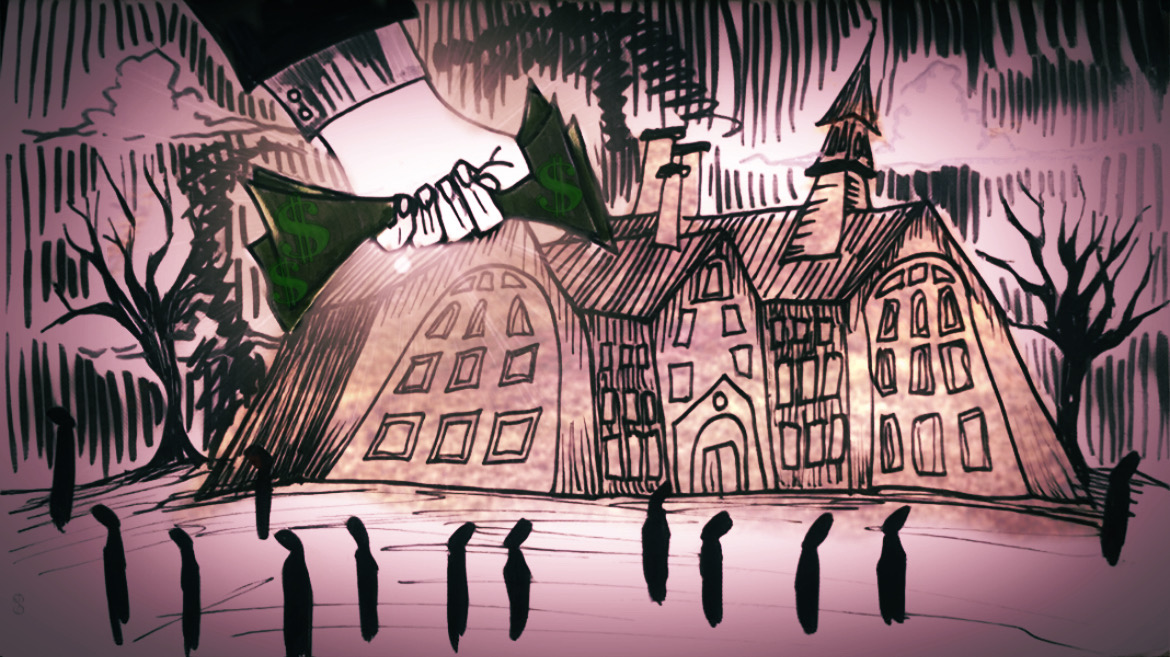As I wrapped up my final week of summer on the Jersey Shore, I found it hard to believe that this time last year was the hectic blur of Orientation week.
The one thing that stands out as I look back on my first week as a first-year was an overwhelming feeling of anxiety. I was worried I would not make friends and be forced to eat alone in the dining hall.
As an unsuspecting first-year, the pressure brought on by Orientation week blindsided me. I found myself subjected to a feeding frenzy of friends, every day bringing new people, groups and relationships I thought would last a lifetime.
Most lasted less than a week. Shockingly.
That did not discourage me from seizing each and every opportunity to make acquaintances. Clubs, concerts, dorm functions, soirées: I was attracted to anything that boasted a group of over 10 people.
Social media only perpetuated my awareness of every gathering going on around me. If my roommates and I decided to stay in and enjoy a girls night on Friday, I would get bombarded by Instagram and Snapchat stories of the closest rager.
Even though I wouldn’t have even attended said rager if I were invited, the hyper-awareness brought on by technology incited a phobia I had never experienced before.
My incessant drive to never miss out started to transition into anxiety about being left out, even though I chose to stay in. Although this felt abnormal to me at the time, I realize now that I had a severe case of FOMO.
FOMO, which stands for “fear of missing out,” according to Merriam-Webster, is only applicable when missing a particularly alluring activity. However, this definition of FOMO does not even begin to touch on its psychological effects.
FOMO targets people’s common anxieties of loneliness and exclusion, according to Psychiatric Times. This can trigger numerous responses, including reckless behavior and substance abuse, but it usually manifests in the perception of missing out and the need to constantly view what others are doing on social media.
FOMO is a much deeper issue than just a worry caused by the overwhelming sociability of college students. My FOMO was so pervasive it caused my social battery to burn out before I finished my first semester.
Along with social burnout, FOMO can also be responsible for numerous negative psychological effects. FOMO is linked to declines in productivity, higher distractibility and overall worse mental health, according to a 2021 study from the National Library of Medicine.
FOMO was also found to be associated with sleep disturbances, social anxiety and decline in academic performance, according to the study. These harmful impacts demonstrate how detrimental FOMO can be to anyone, but especially college first-years also burdened with adjusting to life away from home.
FOMO is an unavoidable aspect of the college experience, but it affects everyone differently. For me, I had to do a full social detox over winter break in order to feel well-rested and ready to return for the next semester.
There are more concrete and viable means to overcoming FOMO than becoming a hermit. One suggestion is to turn away from the constant social media flow to become more present in your daily life, according to Psych Central. They also encourage practicing mindfulness to remain calm and aware in the moment.
Another important reminder to consider when dealing with FOMO is that you are not alone. Even if it seems like everyone and their mom is at Sputie’s, there’s a good chance many of the people there feel like they’re missing out on something else.
FOMO is an entirely normal and expected part of embarking on this new chapter of your life. We have four years to experience and enjoy, so don’t worry if the first semester of your first year isn’t a reenactment of “Project X.”
Save that for sophomore year.



















